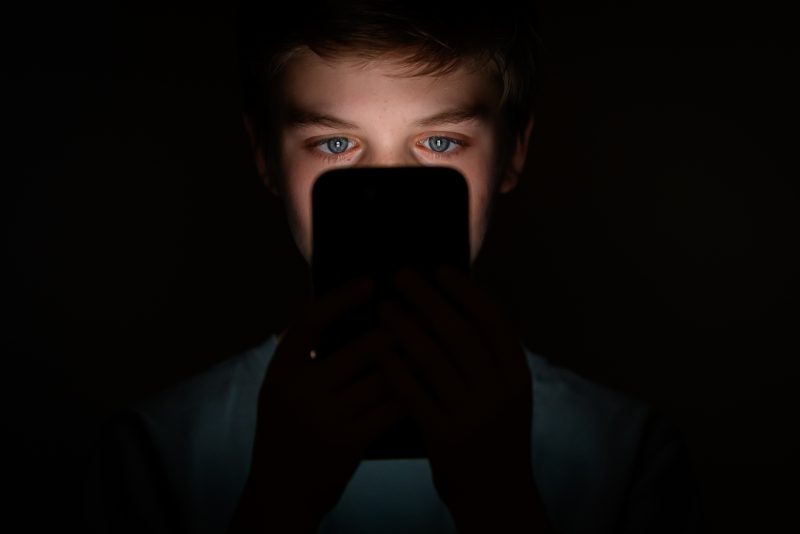
OAN Staff Abril Elfi
7:30 AM – Thursday, November 28, 2024
Australian lawmakers have approved a ban on social media for children under the age of 16-years-old.
On Thursday, its Senate approved the law that bans kids under the age of 16 from being able to use any social media platform.
The ban targets the negative effects of excessive social media use on children’s physical and mental health, and includes platforms such as X, Facebook, Instagram, TikTok, Snapchat, and Reddit.
The legislation, which places sole responsibility for enforcement on social media platforms, grants them one year to establish methods for implementing the age limit.
Platforms face fines of up to 50 million Australian dollars ($33 million) for systemic failures to prevent children from creating accounts.
Senators debated the bill late into the night on the final day of their parliamentary session, meeting a deadline set by Prime Minister Anthony Albanese’s center-left Labor government.
The legislation, which also received significant support from the opposition Liberal Party, passed the Australian House of Representatives on Wednesday with a vote of 102 to 13.
Proponents of the ban have highlighted concerns about the harmful impact of body image portrayals on girls and misogynistic content on boys. Its enactment follows several suicides among Australian teenagers, which families attributed to online bullying.
“The basis for this is that there is a feeling amongst the majority of Australians that social media does more harm than good,” said Rob Nicholls, a senior research associate in the Department of Media and Communication at the University of Sydney.
A poll released by YouGov on Tuesday revealed that 77% of Australians support the ban, a significant increase from 61% in August.
While other countries, such as the United States, have implemented measures to limit children’s use of social media—such as requiring parental consent for collecting data from children under 13—the Australian legislation allows no exemptions for parental consent or pre-existing accounts.
The bill, introduced in Parliament last week, provided just one day for public submissions. According to Senator Matt Canavan, a critic of the legislation, over 15,000 submissions were received during that brief period, but lawmakers were able to review only a small portion of them.
“This is a highly emotional issue and there is an understandable demand for politicians to be seen to be ‘doing something’ about it. Yet it is also a highly complex area that should be examined carefully not in the hasty fashion that has beset this process,” he said Tuesday in a dissent that was published as part of a Senate committee report.
Officials plan to enforce the age limit through a trial of an age-verification system that may involve biometrics or government-issued identification.
An Australian Senate committee approved the legislation late Tuesday but recommended that social media platforms explore “alternative methods for assuring age” instead of requiring personal documents like passports or other forms of digital identification.
Additionally, platforms will face fines if they fail to promptly destroy users’ personal information after completing age verification.
The Australian government has assured that young people will still have access to messaging apps like WhatsApp, online gaming platforms such as Roblox, and essential services related to health and education.
Google and Meta, the parent company of Facebook and Instagram, urged Australia on Tuesday to delay the legislation, arguing that more time was needed to evaluate the ban’s potential impact. Similarly, ByteDance, the Chinese company behind TikTok, also called for further consultation.
Elon Musk criticized the ban last week, describing it as “a backdoor way to control access to the Internet by all Australians.”
Stay informed! Receive breaking news blasts directly to your inbox for free. Subscribe here. https://www.oann.com/alerts

